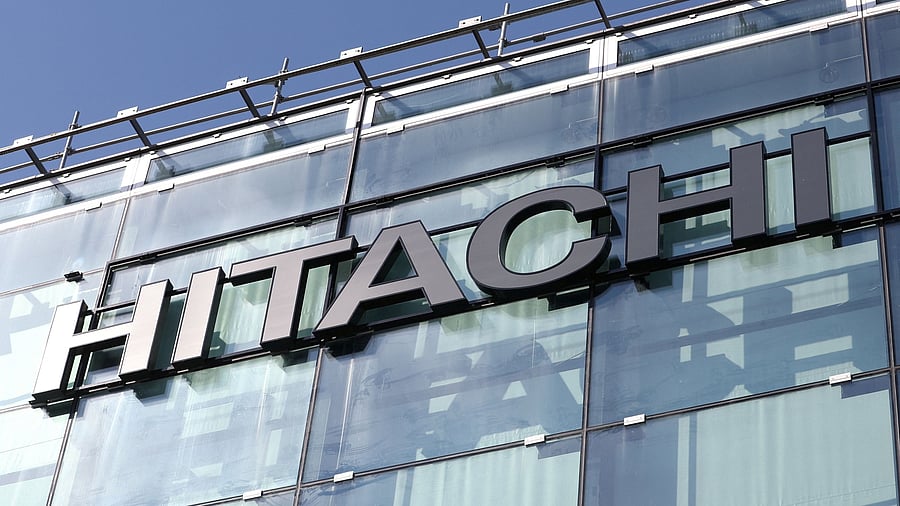
FILE PHOTO: The logo of Hitachi is seen at an office building in Zurich, Switzerland September 10, 2020.
Credit: Reuters Photo
Bengaluru: Hitachi Energy India Ltd on Friday announced an investment of Rs 300 crore in its insulation and components business in India by expanding its manufacturing facility in Mysuru. The expansion will double the facility's capacity to produce EHV class pressboard and laminated board, a vital insulation material used in power and distribution transformers.
As part of the expansion, Hitachi Energy India will replace the fossil fuel boiler, making its Mysuru site an ultra-low carbon pressboard facility. Announced in October 2024, this is part of Hitachi Energy India’s Rs 2,000 crore India investment plan, which will be spread over the next 4- 5 years, the company said in a statement.
The project will be completed by mid-2027, marking a key milestone in Hitachi Energy’s long-term growth in India.
N Venu, Managing Director & CEO, Hitachi Energy India, said, “With this expansion, we’re proud to support India’s growing grid and renewable energy integration – while strengthening the local energy manufacturing ecosystem for a more sustainable future.”
Reiterating the focus on supporting India’s energy ecosystem, Helmut Bockshammer, Global Product Group Manager for Transformers Insulation and Components, Hitachi Energy, stated, “This expansion strengthens our commitment to India’s energy future. By localising pressboard production, we’re securing supply chains, boosting reliability, and supporting the shift to renewables.”
Demand for electricity in India and globally is growing exponentially – industry and energy infrastructure must significantly step up capacity and capability, in a sustainable manner, to enable this transition. Transformers are the backbone of the power grid, playing a critical role in high-voltage electricity transmission. Innovation is key to manage variability, ensure grid stability, balancing a more decentralized energy system. In transformers, high-quality insulation material acts as a proactive barrier, keeping the flow of electricity safe and preventing internal short circuits.
